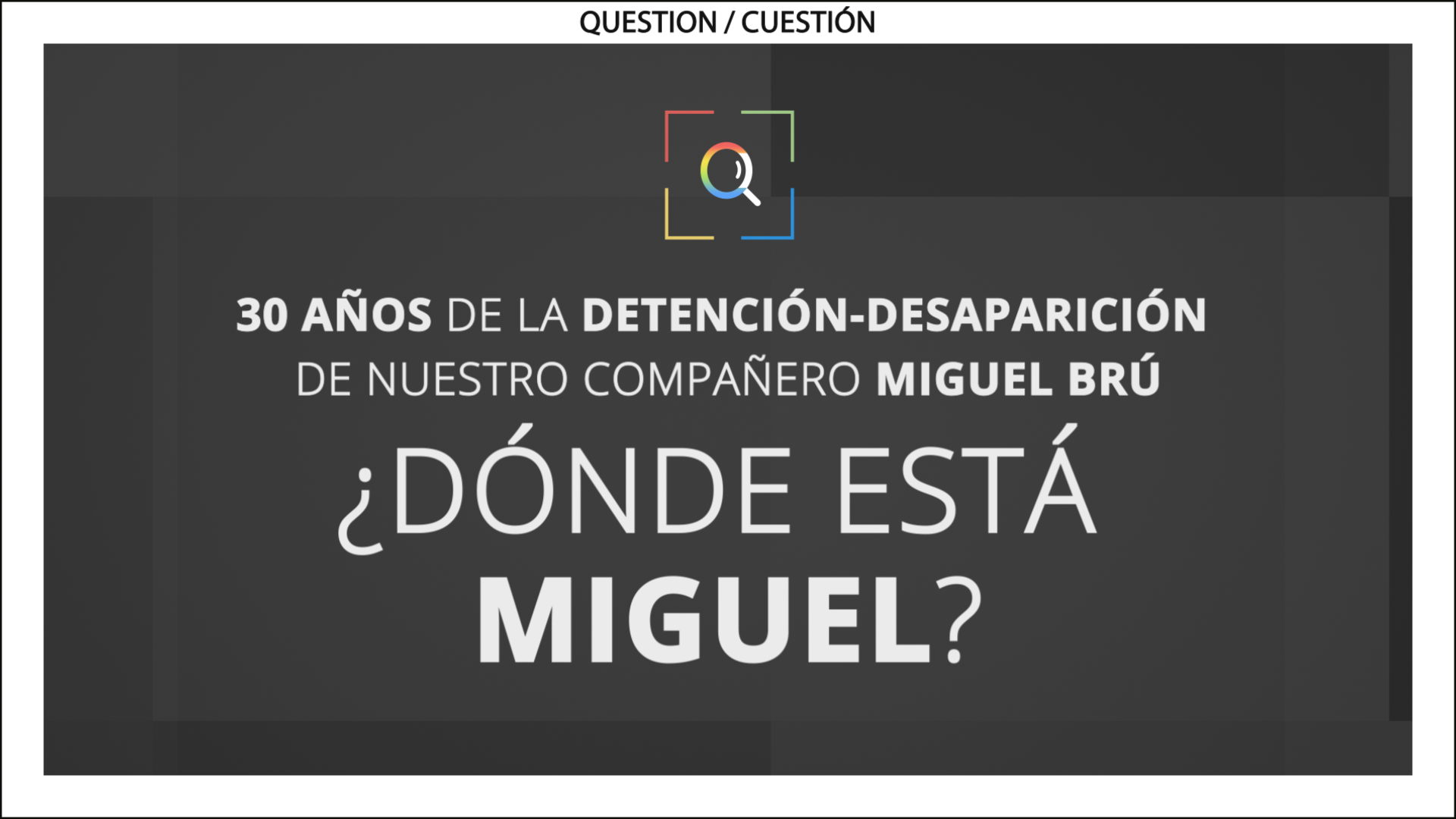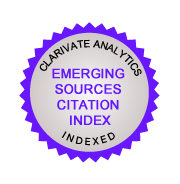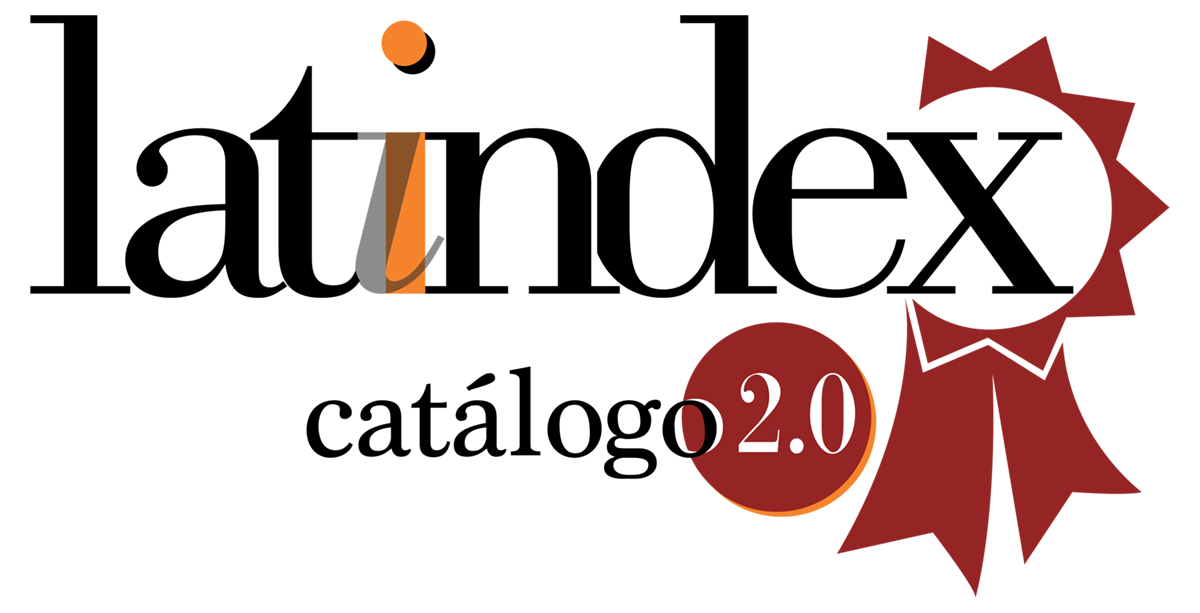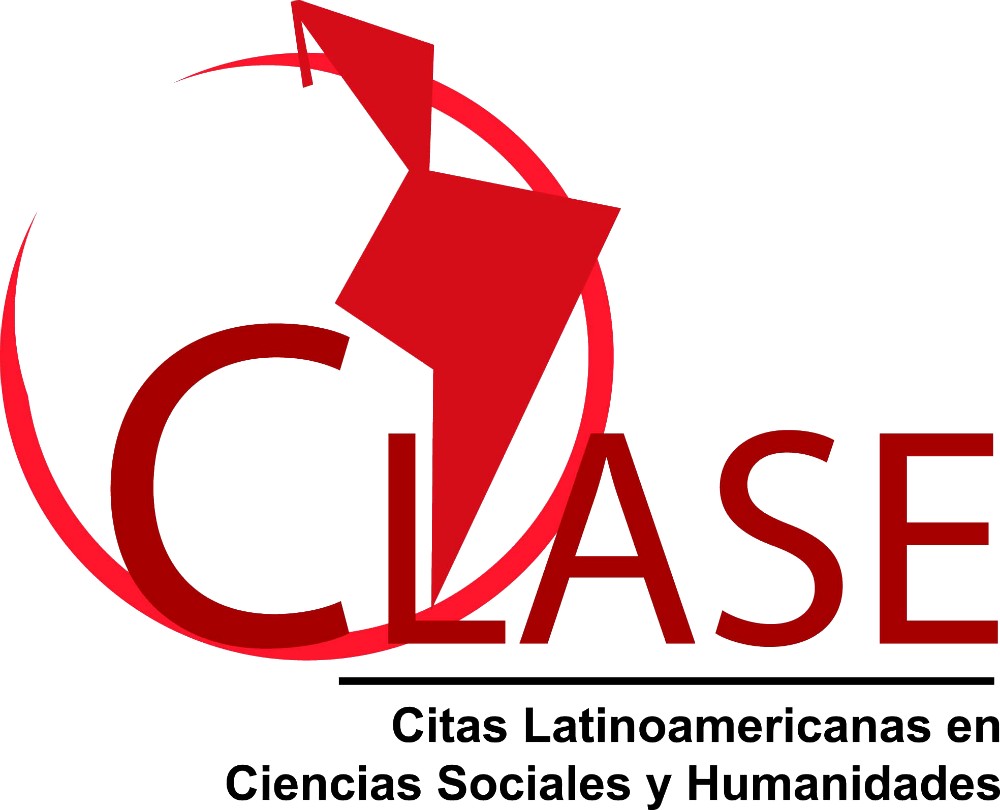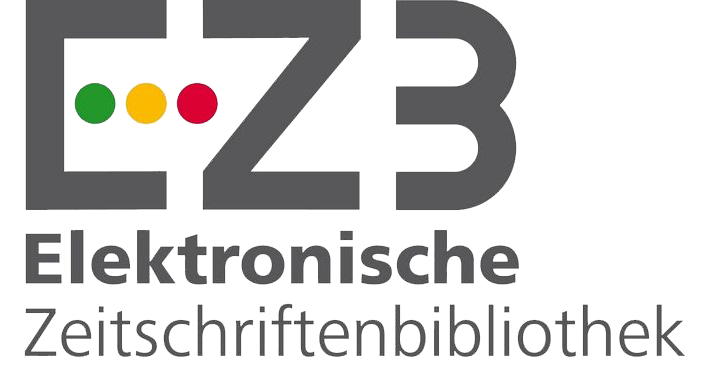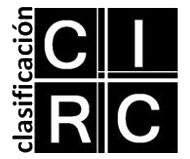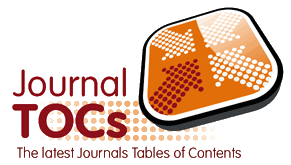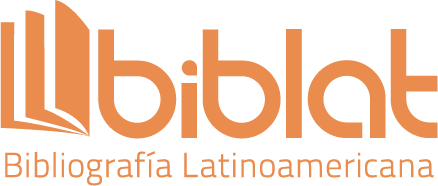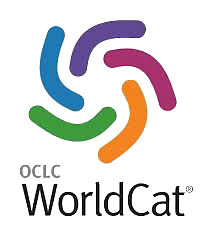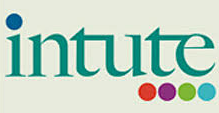Disinformation in the EU: the policies of Ireland and Poland
DOI:
https://doi.org/10.24215/16696581e805Keywords:
disinformation, European Union, Ireland, Poland, fake newsAbstract
The fight against disinformation is a relevant line of action within the public policies deployed by the European Union. In this research, it is intended to determine if there is a relationship between the communication policies that EU countries apply in terms of disinformation and the ability of their population to identify fake news. To this end, the latest Media and News of the Eurobarometer (2022) is taken as a reference and the policies implemented by the countries that occupy the first and last position in the ranking of citizen self-perception on the ability to detect false news, Ireland and Poland, respectively, are dissected. Applying the qualitative methodology of the case analysis, it is concluded that there is no apparent relationship between policies and citizen self-perception, since in Ireland there are very few initiatives launched by the Government, and just the opposite occurs in Poland, which also complies with 90% of the recommendations of the European Commission in the fight against disinformation.
Downloads
References
Alemanno, A. (2018). Editorial: How to counter fake news? A taxonomy of anti-fake news approaches. European Journal of Risk Regulation, (9), 1-5. https://doi.org/10.1017/err.2018.12
Althius, J. & Haiden, L. (2018). Fake news: a roadmap. En Nato. Strategic Comunications Centre of Excellence. https://n9.cl/8di2v
Comisión Europea (2016). Comunicación conjunta al Parlamento Europeo y al Consejo sobre la lucha contra las amenazas híbridas. Una respuesta de la Unión Europea. https://n9.cl/to7c2
Comisión Europea (2018a). Comunicación de la Comisión al Parlamento Europeo, al Consejo, al Comité Económico y Social Europeo y al Comité de las Regiones. La lucha contra la desinformación en línea: un enfoque europeo. https://n9.cl/e8yqx
Comisión Europea (2018b). Plan de Acción contra la desinformación. https://n9.cl/xt9xn
Comisión Europea (2022). Orientación sobre el fortalecimiento del Código de prácticas sobre desinformación 2021. https://n9.cl/o4e5o
EDMO (2022). European Digital Media Observatory. https://n9.cl/lsowq
Eurobarómetro (2022). Media and News survey 2022. https://n9.cl/nfs1t
Gobierno de Irlanda (2019). Interdepartmental group on security of Ireland’s electoral process and disinformation: progress report. https://n9.cl/gdzfz
KRRIT (2022). Fake news - internetowa dezinformacja: Próby przeciwdziałania tym zjawiskom z perspektywy instytucji. https://n9.cl/3yjk4
Merriam, S. B. (1988). Case study research in education. Jossey-Bass.
Parlamento Europeo (2022). Eurobarometer. https://n9.cl/eurobarometro2018airelibre
Rodríguez-Fernández, L. (2019). Desinformación y comunicación organizacional: estudio sobre el impacto de las fake news. Revista Latina de Comunicación Social, (74), 1714-1728. https://doi.org/10.4185/RLCS-2019-1406
Romero, J. A. (2019). Desinformación: concepto y perspectivas. Análisis del Real Instituto Elcano (ARI), (41), 1. https://n9.cl/ynwp1
Sádaba, C. & Salaverría, R. (2023). Combatir la desinformación con alfabetización mediática: análisis de las tendencias en la Unión Europea. Revista Latina de Comunicación Social, (81), 17-33. https://www.doi.org/10.4185/RLCS-2023-1552
Salaverría, R.; Buslón, N.; López-Pan, F.; León, B.; López-Goñi, I.; & Erviti, M. C. (2020). Desinformación en tiempos de pandemia: tipología de los bulos sobre la Covid-19”. El Profesional de la Información, 29(3), e290315. https://doi.org/10.3145/epi.2020.may.15
Seijas, R. (2019). Las soluciones europeas a la desinformación y su riesgo de impacto en los derechos fundamentales. IDP. Revista de Internet, Derecho y Política, 31. https://doi.org/10.7238/idp.v0i31.3205
Wardle, C. & Derakhshan, H. (2017). Information Disorder. Toward an interdisciplinary framework for research and policymaking. https://n9.cl/5y2ri
Wimmer, R. & Dominick, J. (1996). La investigación científica de los medios de comunicación. Una introducción a sus métodos. Bosch.
Downloads
Published
How to Cite
Issue
Section
License
La aceptación de un original por parte de la revista implica la cesión no exclusiva de los derechos patrimoniales de los/as autores/as en favor del editor, quien permite la reutilización, luego de su edición (postprint), bajo una Licencia Creative Commons Atribución-NoComercial-CompartirIgual 4.0 Internacional (CC BY-NC-SA 4.0)
Acorde a estos términos, el material se puede compartir (copiar y redistribuir en cualquier medio o formato) y adaptar (remezclar, transformar y crear a partir del material otra obra), siempre que a) se cite la autoría y la fuente original de su publicación (revista y URL de la obra), b) no se use para fines comerciales y c) se mantengan los mismos términos de la licencia.
La cesión de derechos no exclusivos implica que luego de su edición (postprint) en Question las/os autoras/es pueden publicar su trabajo en cualquier idioma, medio y formato; en tales casos, se solicita que se consigne que el material fue publicado originalmente en esta revista.
Tal cesión supone, también, la autorización de los/as autores/as para que el trabajo sea cosechado por SEDICI, el repositorio institucional de la Universidad Nacional de La Plata, y sea difundido en las bases de datos que el equipo editorial considere adecuadas para incrementar la visibilidad de la publicación y de sus autores/as.
Asimismo, la revista incentiva a las/os autoras/es para que luego de su publicación en Question depositen sus producciones en otros repositorios institucionales y temáticos, bajo el principio de que ofrecer a la sociedad la producción científica y académica sin restricciones contribuye a un mayor intercambio del conocimiento global.

